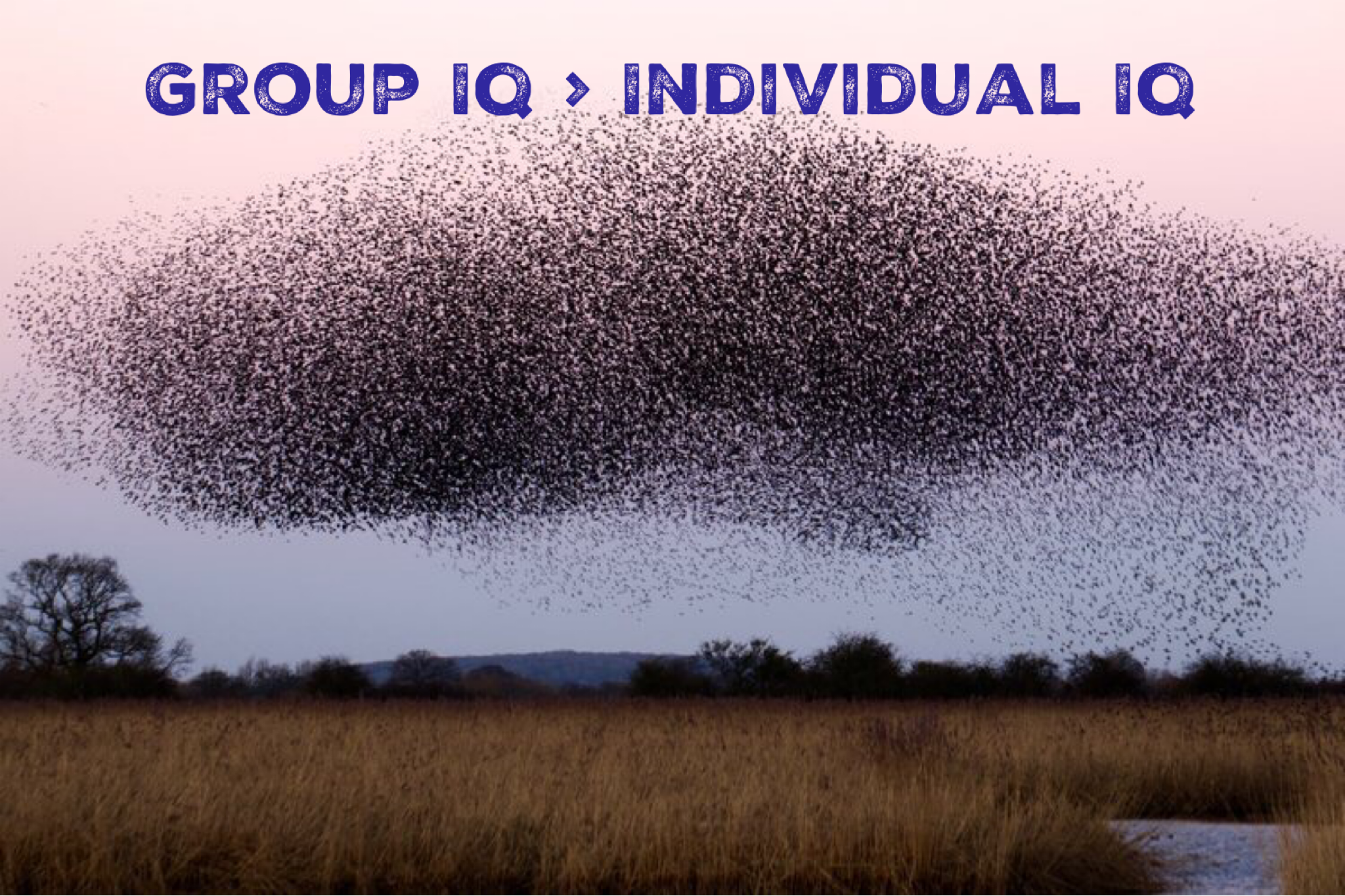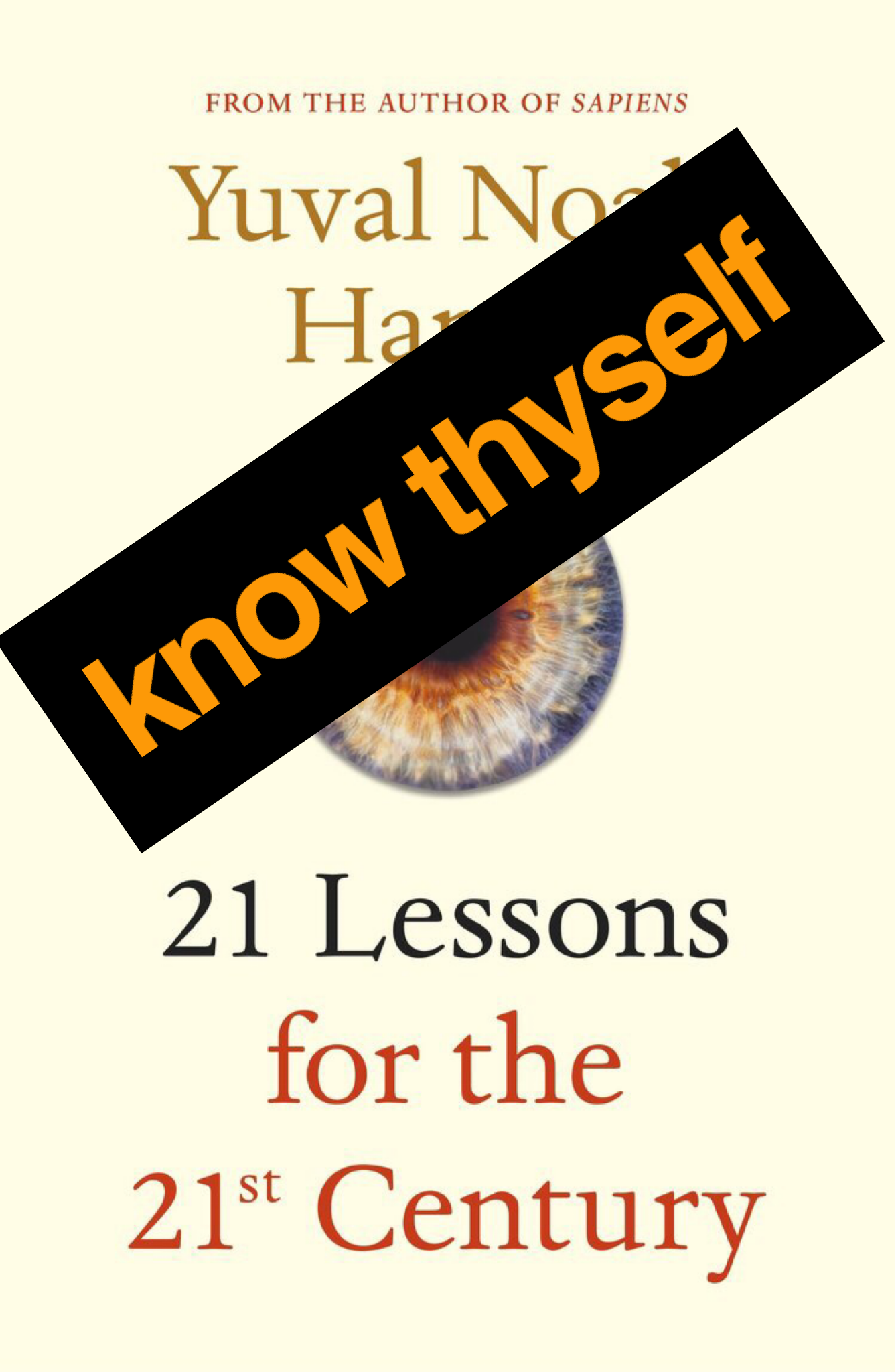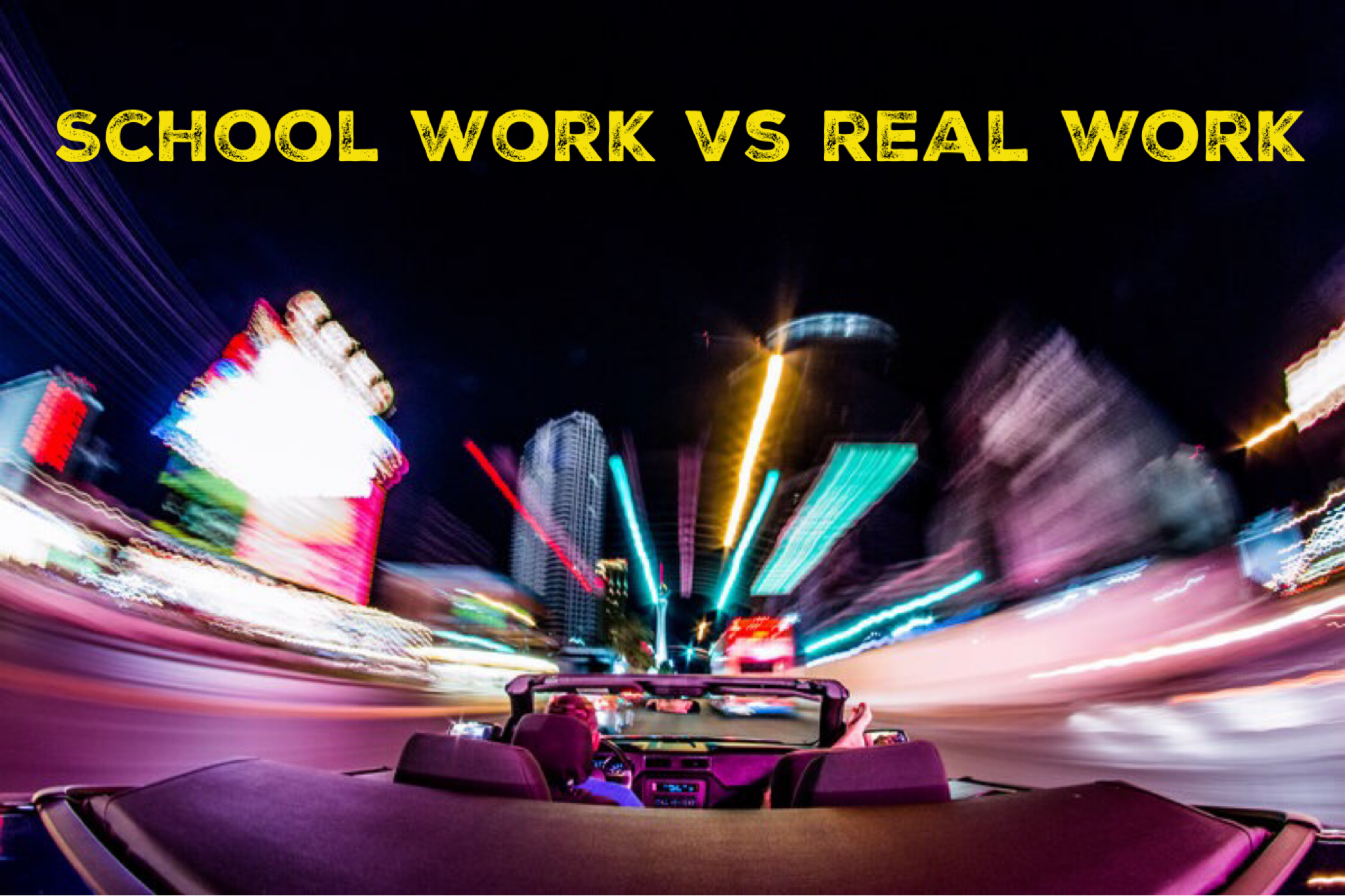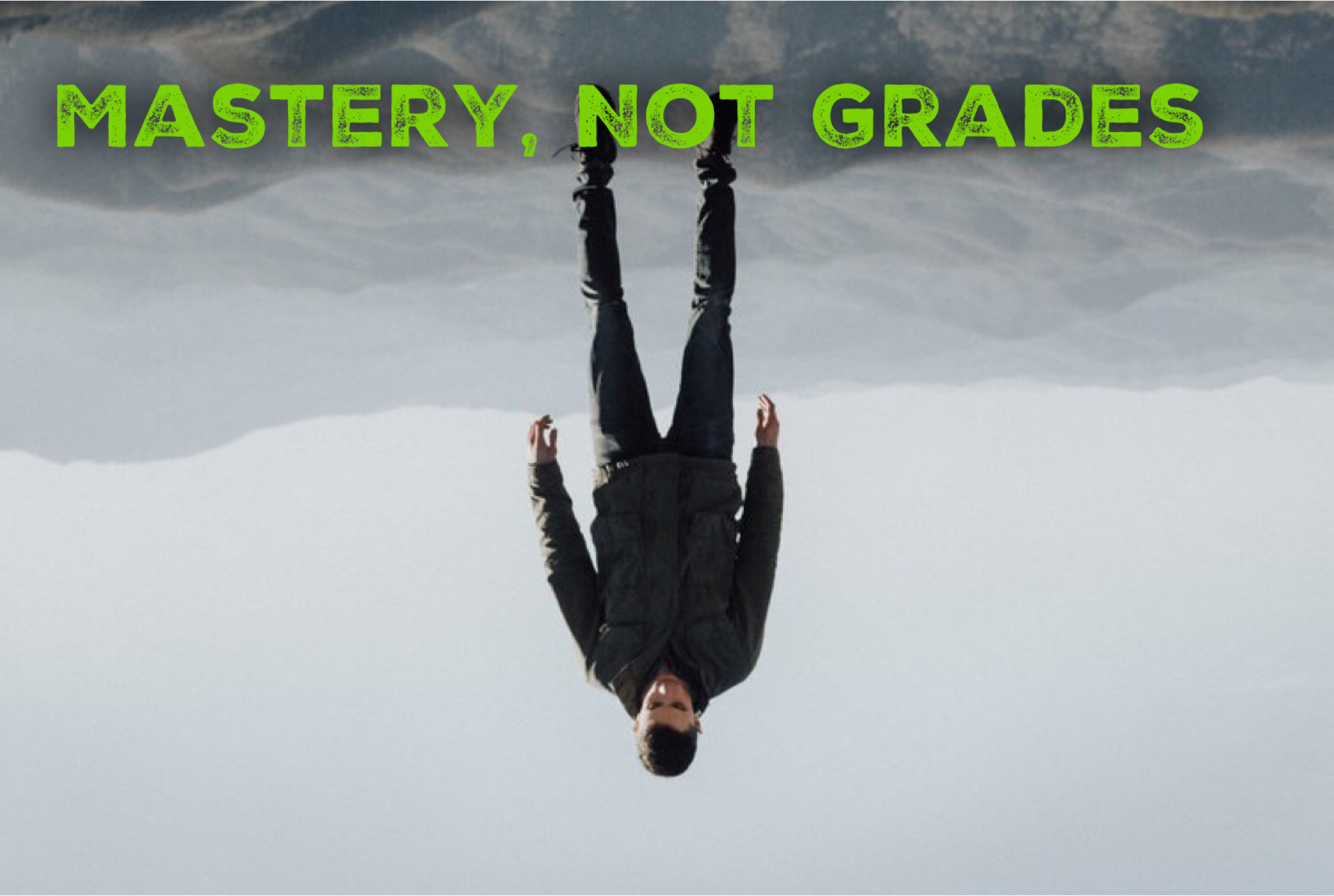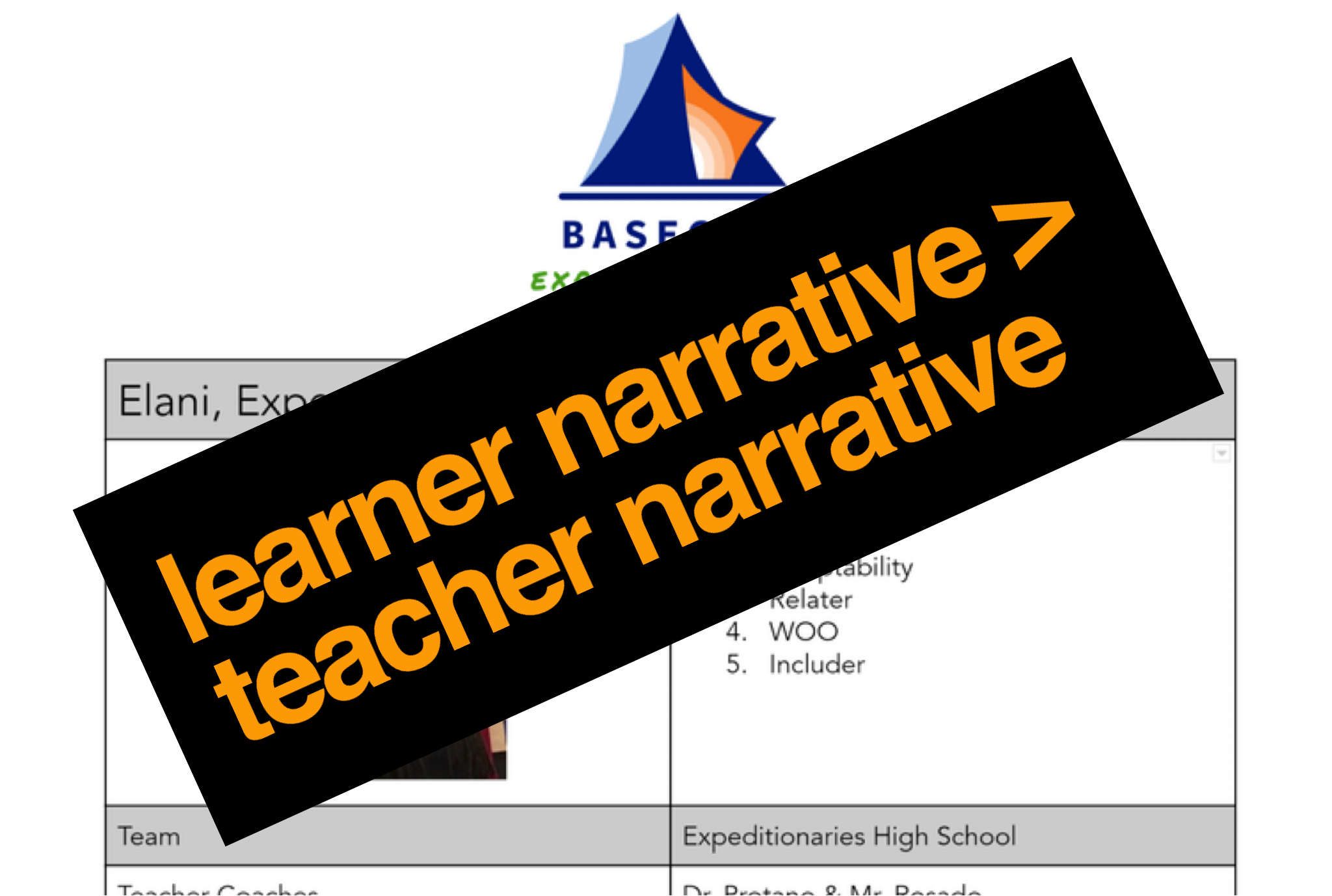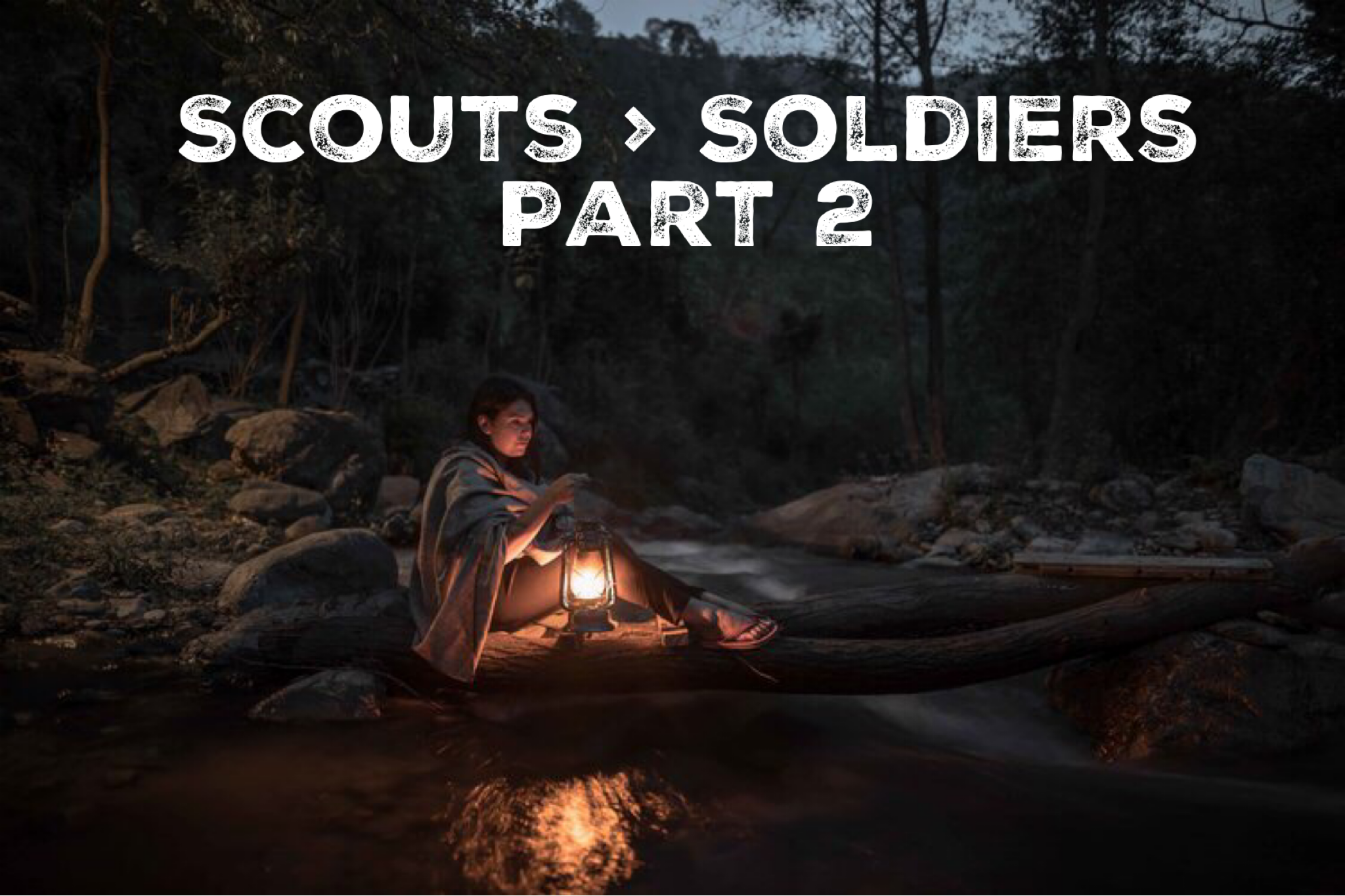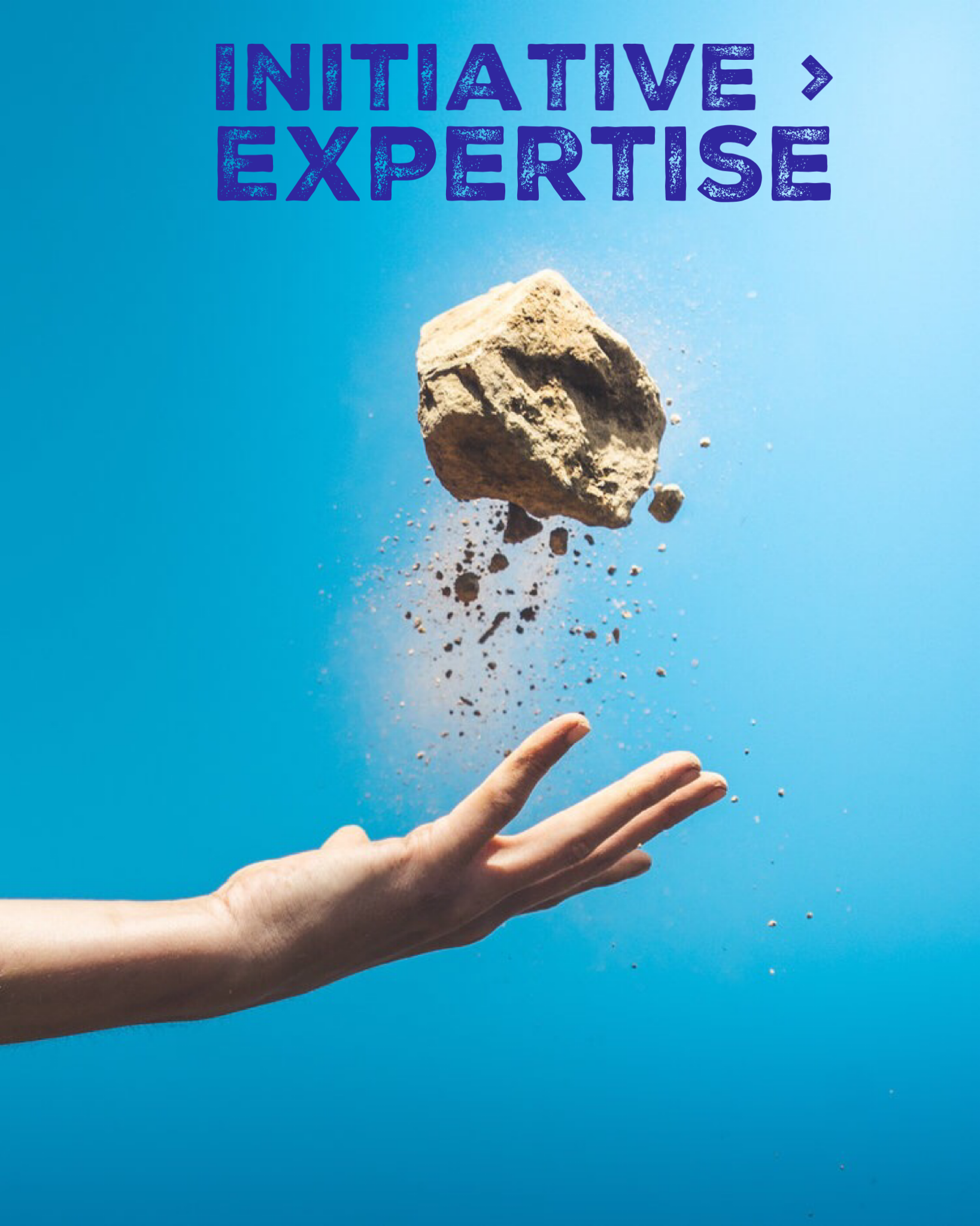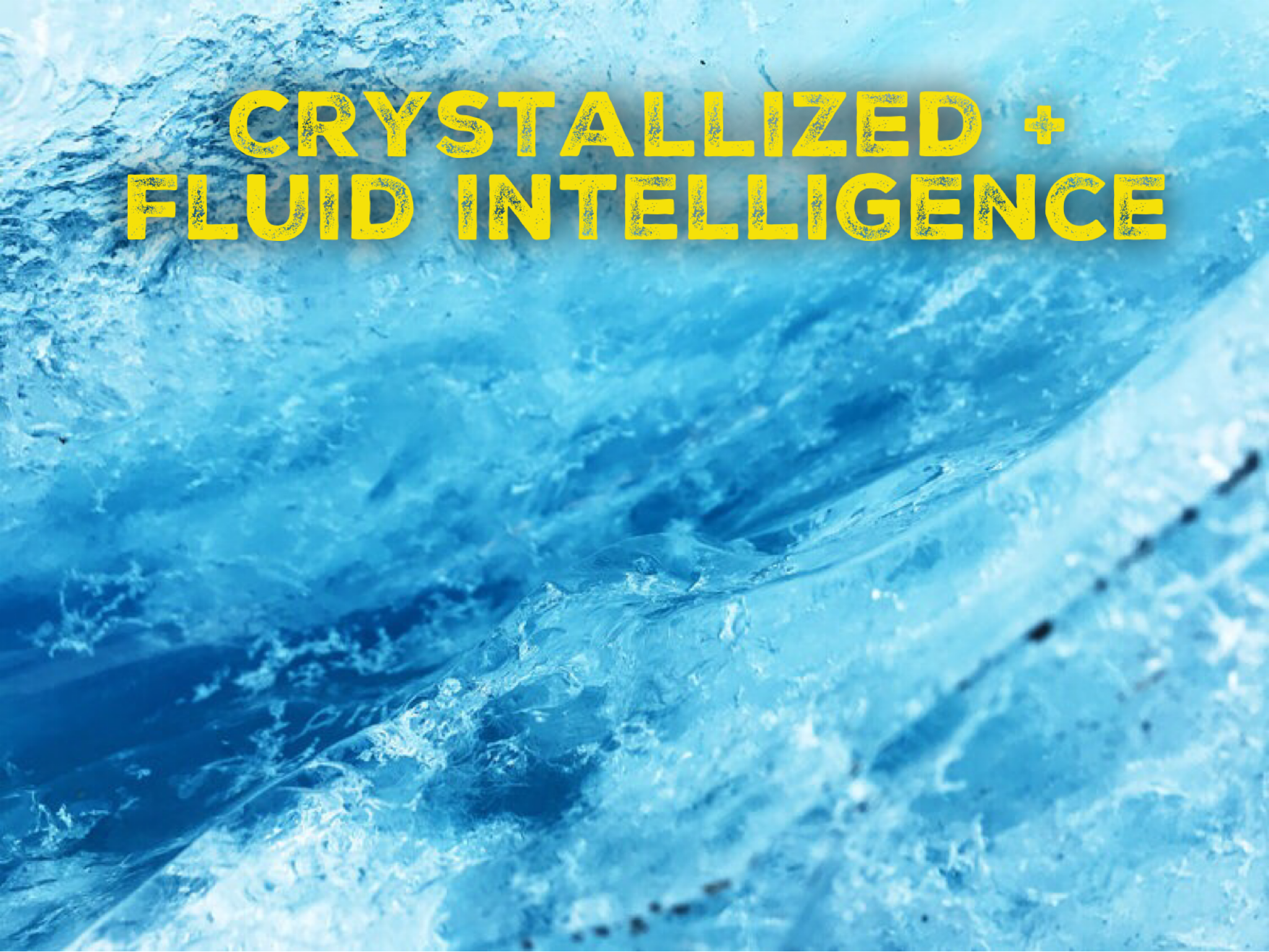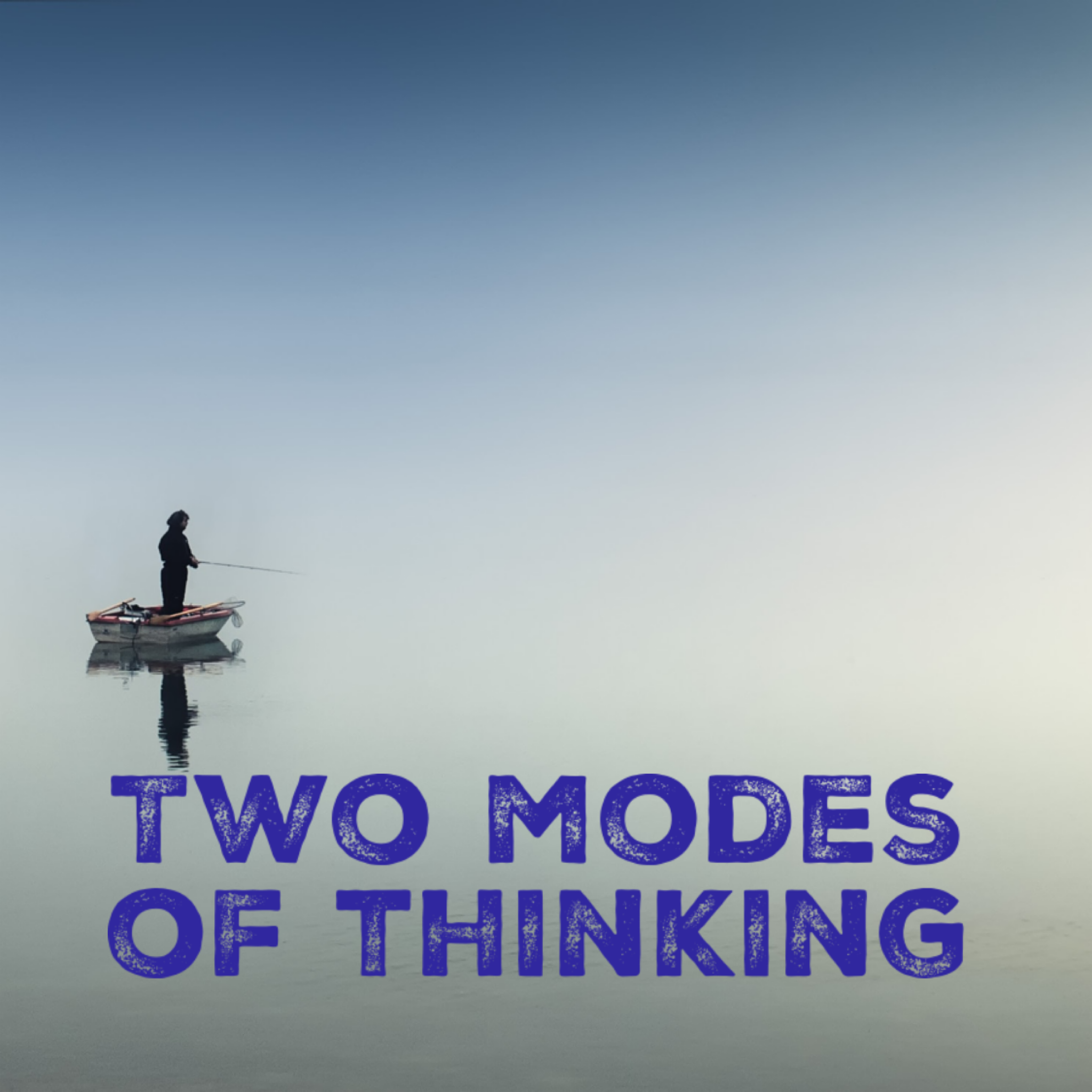School of the Future: Crystallized + Fluid Intelligence
To play basketball, you need to know how to dribble (if you carry the ball, it’s a turnover); you need to know how to box out (if you hold your opponent, you can get called for a foul); and so on.
To play basketball, knowing those (and many more) things is necessary—but insufficient.
Which makes sense when you think about the difference between crystallized and fluid intelligence.
In an interview with Boston Consulting Group, cognitive scientist and Philip Campbell described the difference this way:
“Just because you get greater knowledge and comprehend something [known as ‘crystallized intelligence’] doesn’t mean that you can then apply that and change your behavior. What drives that is the corollary of crystallized intelligence, and it’s called fluid intelligence. And it’s defined as the ability to adapt and solve new and novel problems, particularly in uncharted waters. So you can see in the future we’re going to need the balance between development of fluid intelligence [and] crystallized intelligence.”
You may know how to dribble, but what will you do when your opponent puts on a full-court press? You may know how to box out, but what will you do when the person you are guarding is 8 inches taller than you?
Only games reveal whether you can convert your crystallized intelligence into fluid intelligence. Conversely, no one evaluates players or teams based on what they accomplish during practices.
Practice and games.
Crystallized intelligence and fluid intelligence.
Shouldn’t school give learners the same opportunities?
Schools of the Future sure will.
***
For more in the "School of the Future” series, click on the tiles below.
***
Thank you for reading this post from Basecamp's blog, Ed:Future. Do you know someone who would find the Ed:Future blog worthwhile reading? Please let them know that they can subscribe here.






